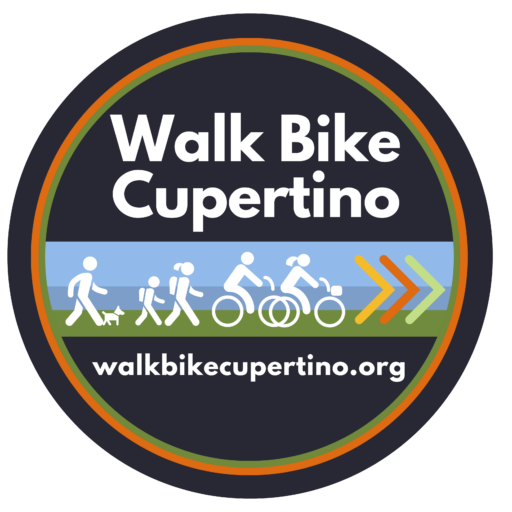Maria Klawe Forbes Magazine March 20, 2018
In case you didn’t know, there is a bicycle revolution under way across the United States. And examining how and why some cities are embracing bicycle traffic, and others are not, can be a valuable lesson in how social change works.
Thousands of communities across the country have adopted policies and practices to ensure that their cities’ infrastructure promotes bicycling, walking and public transportation as well as automotive transit.
These policies and practices don’t just happen. They are the result of a coordinated and comprehensive approach by individuals and advocacy groups who want to provide safe and convenient access to school, work and public places for everyone regardless of age, ability, income and mode of transportation.
Toward that end, Harvey Mudd College Professor of Political Science and Environmental Policy Paul Steinberg has developed a unique course conducted entirely on wheels. Students in Bicycle Revolution ride bicycles throughout the Los Angeles region to explore the challenges of creating bicycle-friendly cities. Along the way, they meet with decision-makers, transportation planners and community activists and gain a window into the politics of social change in urban settings.
To read the full article
